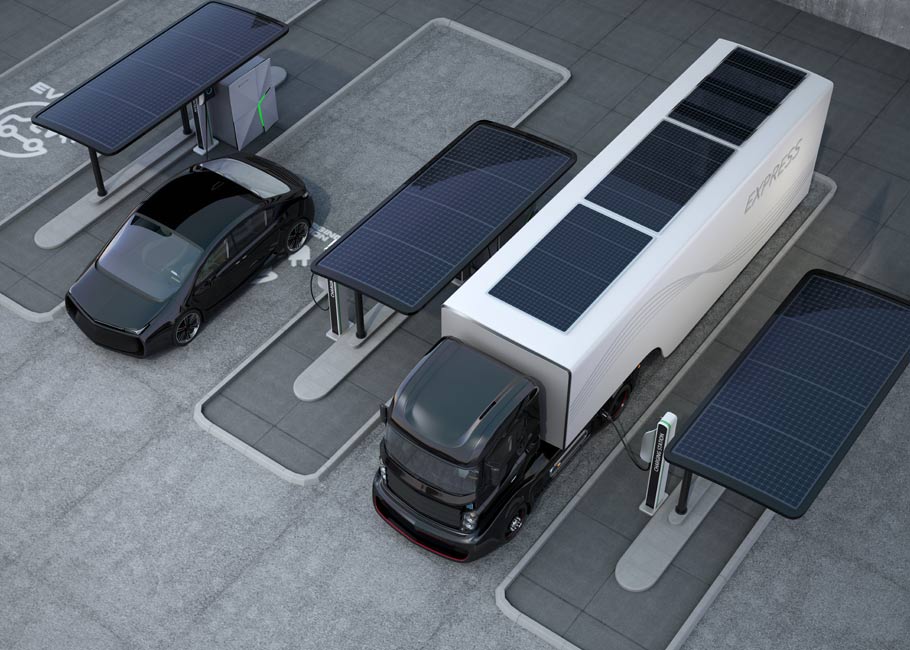As the world accelerates towards a sustainable future, Japan has emerged as a front runner in the adoption of Electric Cars (EVs) and cutting-edge charging technologies. One of the most innovative developments in this field is the implementation of wireless charging for electric vehicles.
Pioneering Technological Advancements:
Japan is renowned for its technological prowess, consistently pushing boundaries in innovation. This drive extends to the automotive industry, with a particular emphasis on electric mobility solutions.
Urban Space Optimization:
Japanese cities are often characterized by limited space, necessitating creative solutions for infrastructure. Wireless charging eliminates the need for bulky charging stations, allowing for more efficient use of urban real estate.
Enhanced Convenience for Users:
Wireless charging provides a seamless and hassle-free experience for top electric vehicles owners. It eliminates the need for physical connection, allowing for a more user-friendly and automated process.

Mitigating Range Anxiety:
Range anxiety, the fear of running out of battery power before reaching a charging station, is a common concern among EV owners. Wireless charging points strategically placed throughout cities alleviate this anxiety by providing a continuous charging network.
Climate Resilience and Disaster Preparedness:
Wireless charging infrastructure is inherently more resilient to extreme weather conditions and natural disasters. Unlike traditional electric cars charging stations, which may be affected by flooding or power outages, wireless systems are less vulnerable.
Promoting Sustainable Tourism:
Japan is a popular destination for tourists, and a robust EV charging network, especially wireless systems, makes it an attractive choice for eco-conscious travelers.
Government Initiatives and Incentives:
The Japanese government has been proactive in providing incentives and subsidies to promote EV adoption and charging infrastructure development. This support has significantly accelerated the deployment of wireless charging technologies.
Collaboration with Industry Leaders:
Japanese automakers and tech giants have been at the forefront of developing wireless charging technologies. Collaborations between these industry leaders and local municipalities have further accelerated the deployment of wireless charging infrastructure.
Reduced Environmental Impact:
Wireless charging systems have a smaller environmental footprint compared to conventional charging stations. The absence of physical connectors and reduced energy losses during charging contribute to a more sustainable charging solution.
Global Influence and Technological Diplomacy:
By leading the way in EV wireless charging, Japan positions itself as a global influencer in sustainable transportation. This not only enhances the country’s international standing but also encourages other nations to adopt similar technologies.
Conclusion:
Japanese cities’ pioneering efforts in implementing wireless charging for the best electric cars showcase their commitment to sustainable urban mobility.
With technological innovation, government support, and collaboration with industry leaders, Japan is setting an inspiring example for the rest of the world.
As wireless charging becomes more prevalent, it is poised to revolutionize the way we power our vehicles, paving the way towards a greener, more sustainable future.
